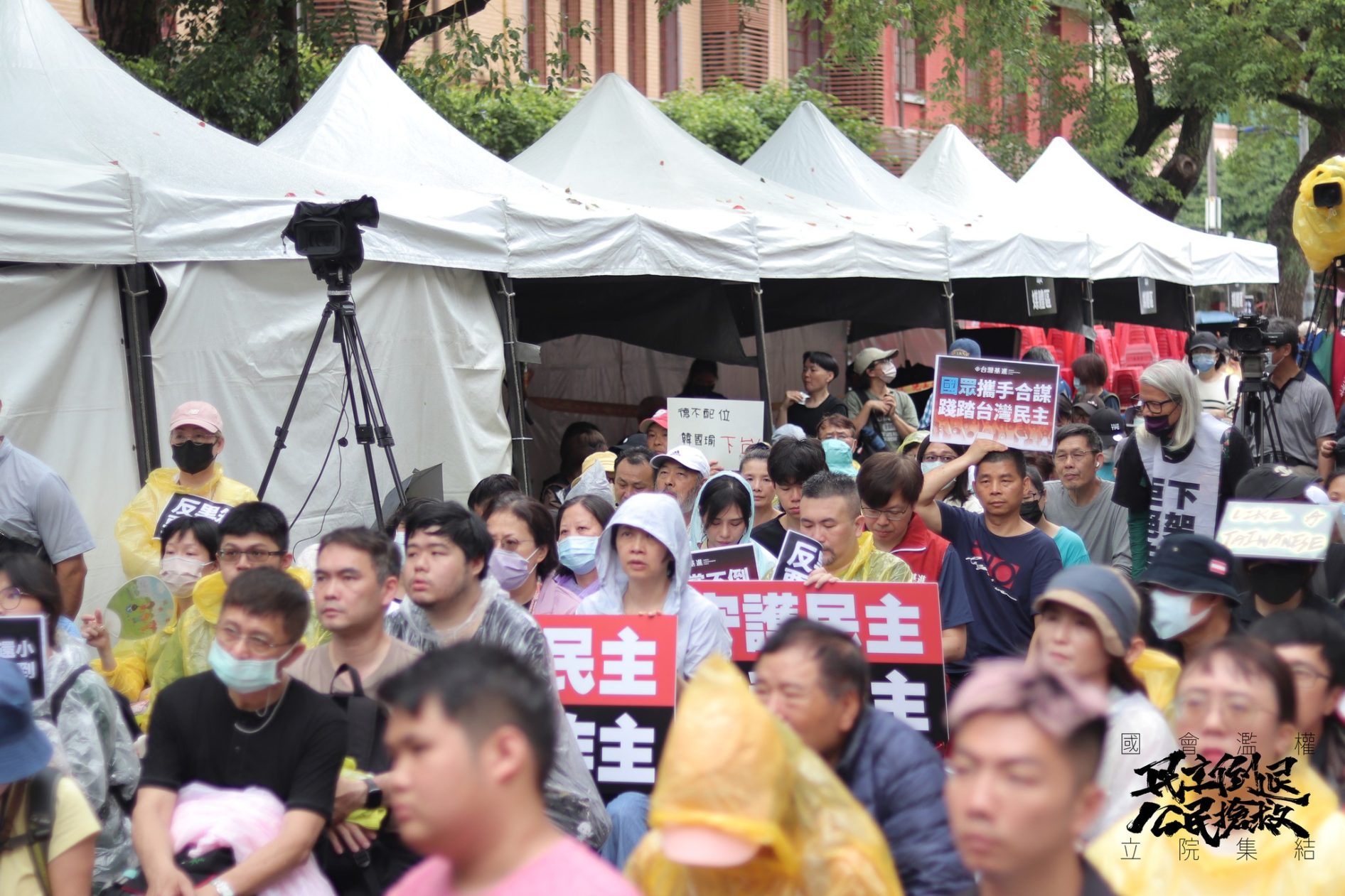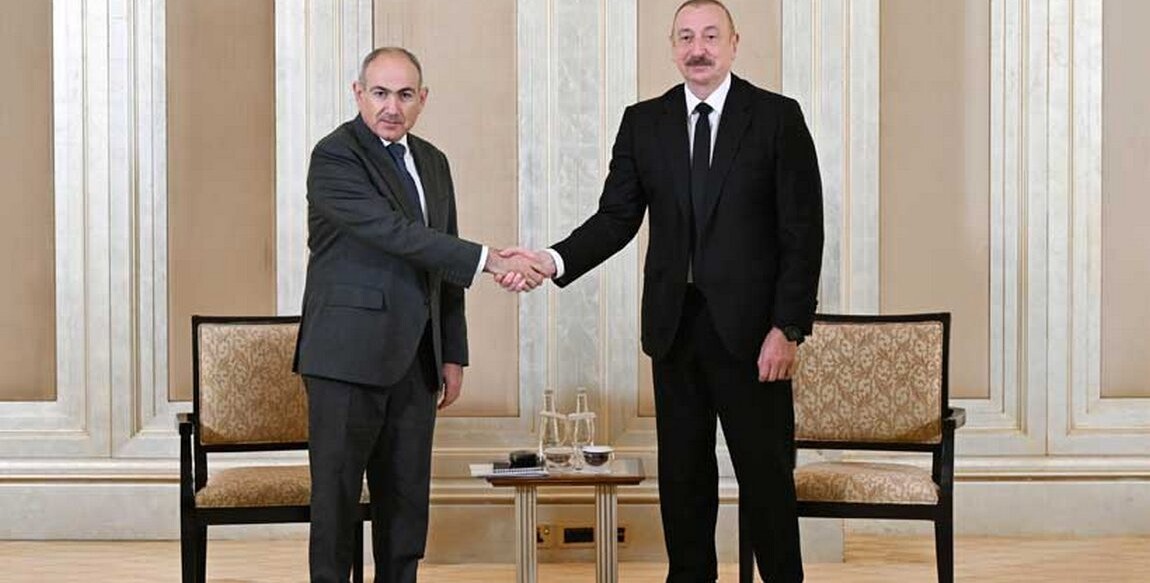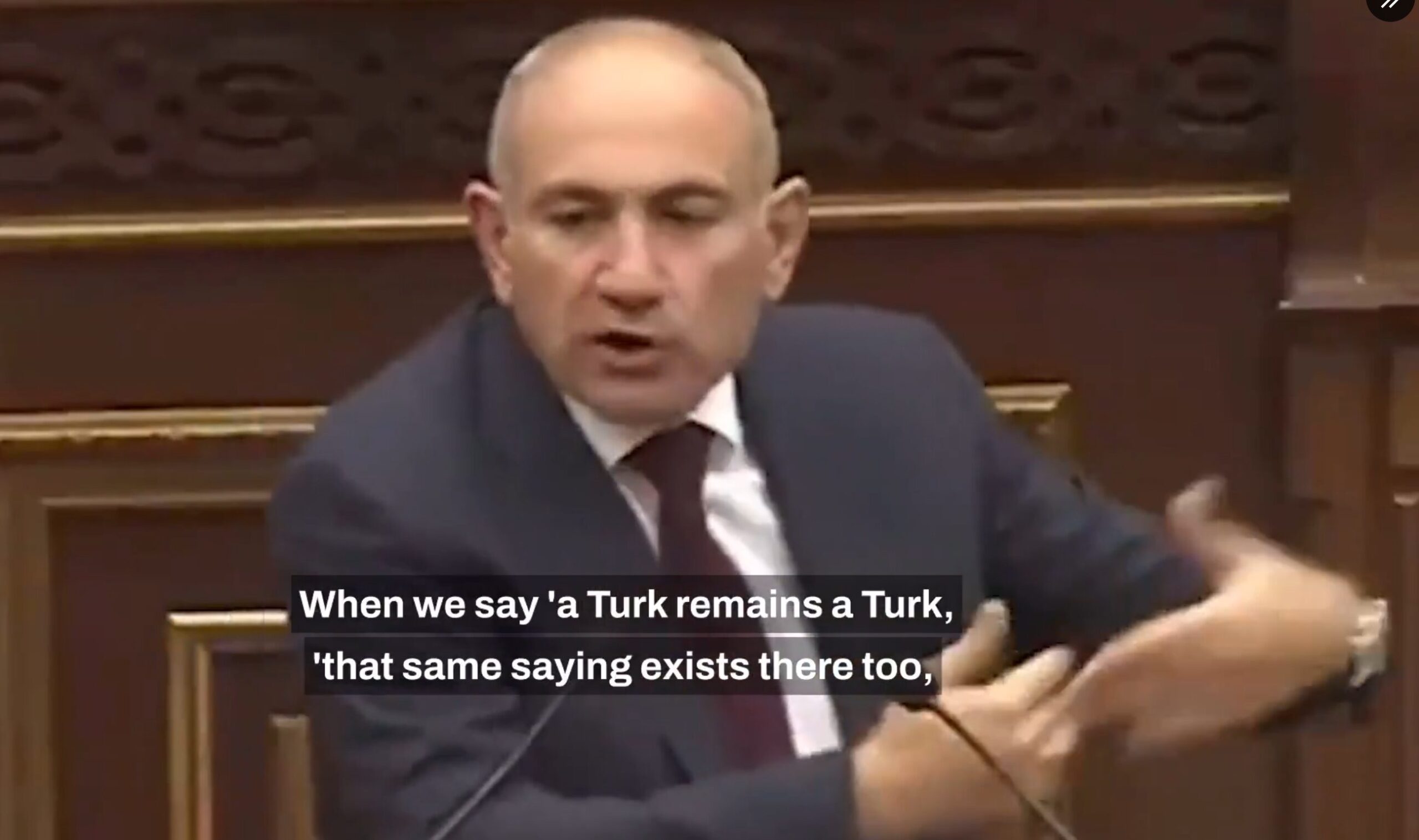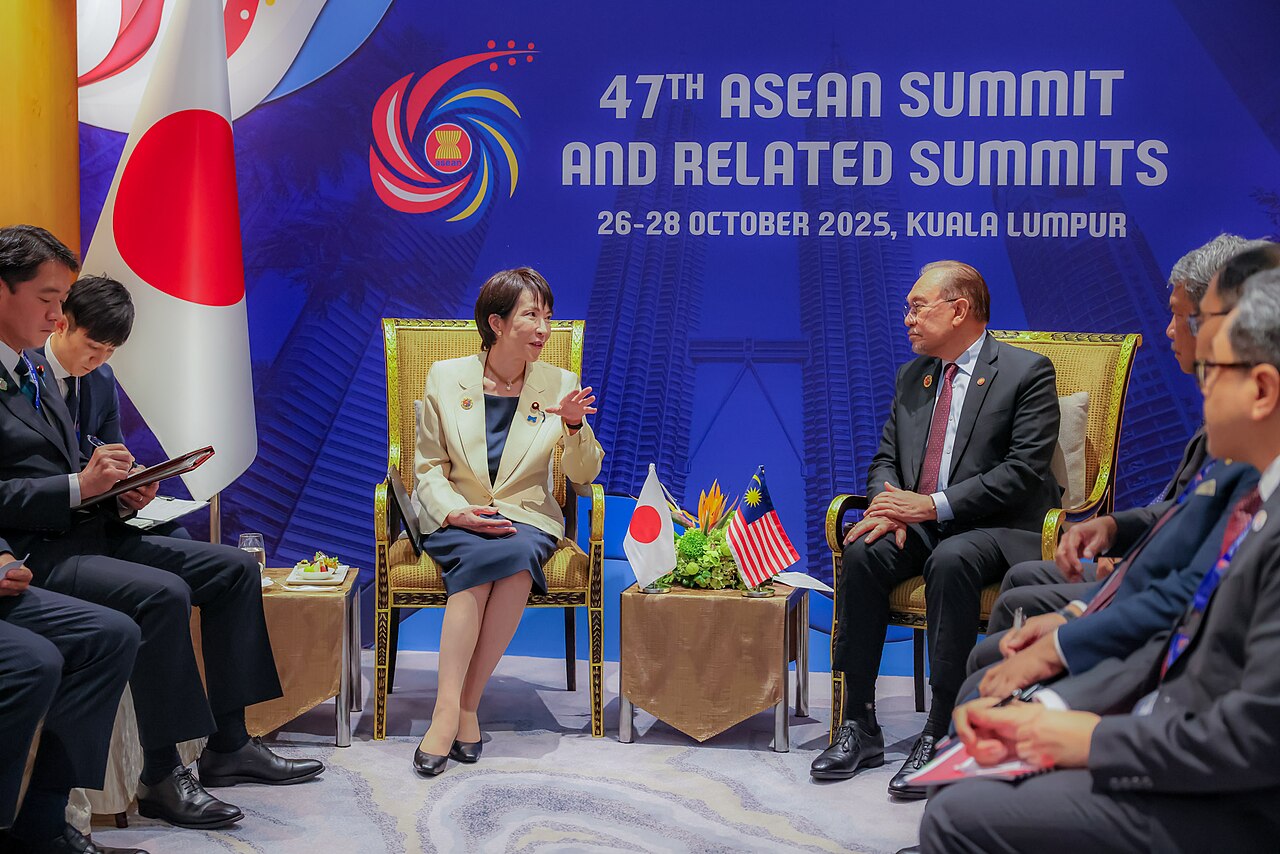A major and controversial package of reforms was just passed by Taiwan’s legislature. In short, the reforms amend the section of the Taiwanese constitution that deals with the legislative branch’s powers, but critics have described them as undemocratic at best, and conciliatory to Beijing at worst.
Protests of over 20,000 mostly young people erupted in cities across the island on May 21st, May 24th, and May 28th as the reforms reached different stages of the legislative process.
Proponents of the bill, which amends the Act Governing the Legislative Yuan’s Power, argue it will help root out corruption and improve the balance of powers in the government, while the opposition argues that they would radically unbalance the existing separation of powers in favor of the legislature.
When Taiwan’s elections concluded earlier this year, a critical detail—that majority control of the legislature had flipped—was occasionally missed by major Western news outlets. After being forced to witness 8 years of Democratic Progressive Party (DPP) control of both the Executive Yuan (branch) and the Legislative Yuan, the Chinese Nationalist Party, or Kuomintang (KMT) and the independent Taiwan People’s Party (TPP) managed to unseat control of the DPP in January’s elections, even as it retained the presidency.
The KMT holds 52 seats in the 113-seat legislature, while the TPP has 8, and adding two outsiders who roughly align with the KMT, the DPP has been reduced to just 51, three short of effectively contesting legislation.
What the bill contains—what proponents argue
Along with a greater power to control budgets, the bill would give the Legislative Yuan powers similar to those enjoyed by American Congressional committees, including the power to organize committees to hear testimonies pertaining to investigations launched by lawmakers.
Such investigations would come with the authority to pull anyone in public office, the military, the Judicial Yuan, the Control Yuan, (which in Taiwan acts as a fourth branch of government meant to balance power between the other three), and members of the public to give testimony and answer questions.
According to the bill, the hearings should be held behind closed doors when discussing sensitive issues, and be public when not. Legislators on these committees would have the power to demand any document related to the discussion.
The bill imposes fines as high as USD$6,000 and jail sentences of up to 1 year in cases of perjury, failure to appear for testimony, contempt of the legislature, or failure to provide requested documents.
Lastly, it would establish an annual State of the Nation address, given by the president to the legislature, after which the president must stand for questioning.
“Now that Taiwan’s legislature has passed the bills, lawmakers will uncover all corrupt officials and all kinds of malpractices in the future,” Fu Kun-chi, the KMT legislative caucus convenor, told journalists on Tuesday.
The KMT and TPP argue that opponents of the bill are attempting to stymie their efforts to fight corruption in a country that’s generally considered to be a robust democracy but which nevertheless maintains low faith in the honesty of its representatives, and also of “painting them red,” referring to the Chinese Communist Party’s favorite color.
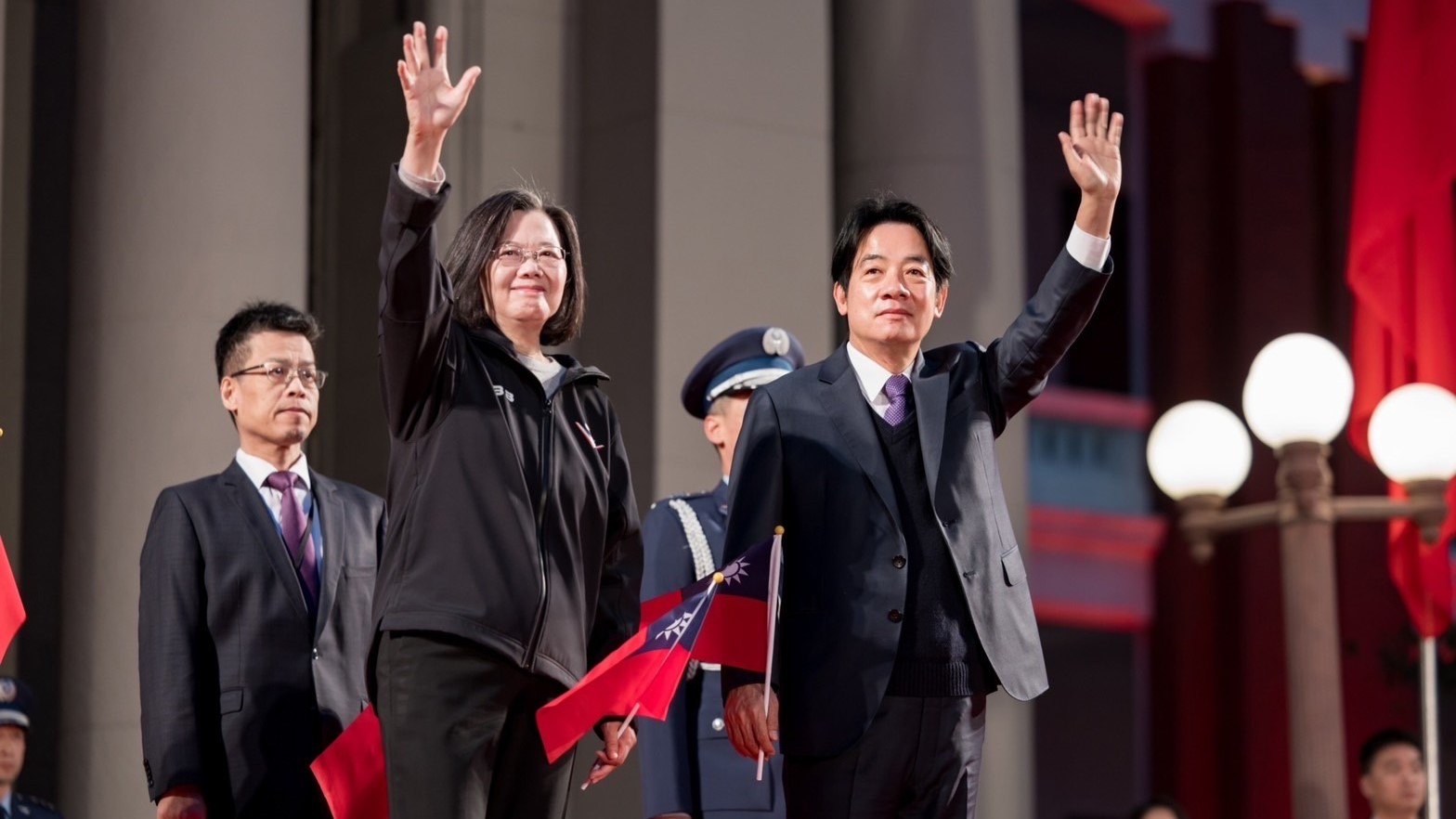
What opponents are arguing/doing
The Control Yuan released a statement on Tuesday that said it could not accept the law passed by the legislature as it usurps its own authority and violates the division of powers. Likewise, the Executive Yuan has already said it will send the law back to the legislature for reconsideration.
In Taiwan, an executive premier and their staff are responsible for reviewing all legislation before sending it to the president’s desk. The premier is constitutionally obligated to send laws back if he or she believes they would be hard to enact. This must be done within 10 days of a law’s passage.
Premier Cho Jung-tai has already reiterated his promise to return the controversial reforms to the Legislative Yuan for reconsideration. Taipei Times reports that Cho has also stated that the cabinet does not intend to exacerbate conflict, but to give time for lawmakers to respond to public concern.
Public concern grew rapidly as the KMT and the TPP tried to ram the new reforms through the Yuan. A team of political scientists reporting for The Diplomat details that the two parties worked out the legislation in secret, and didn’t give advance copies to the DPP deputies before the second reading. When it was introduced, the KMT and TPP blocked all attempts by the DPP at proposing parallel bills or negotiating on some articles.
During the second reading of the bill, the Yuan’s President and KMT legislator said he intended to ignore all headcount motions. This prompted backlash from the Taiwan Bar Association, which stated that the reforms might be unconstitutional, and was also reflected by the protestors who occupied the legislative chamber during the vote of the bill’s passing and chanted “no dialogue, no democracy”.
Western media claim the bill is seen as paving the way for the KMT to try and weaken Taiwanese sovereignty in the face of an increasingly aggressive mainland. Following President Lai’s inauguration, China launched large-scale war games aimed at attacking the enemy’s high-value military targets,” and “testing the joint combat and real combat capabilities of the theatre forces”.
A rather uni-perspective report from AP claimed that the KMT officially back unification with China, which is false. The KMT supports the ‘1992 Consensus’ which states that Taipei and Beijing agree that there is only one China, but disagree over what ‘China’ means. Furthermore, the report claims the reforms, in addition to a blocked increase in defense spending, are seen by “many” as a “concession to China,” though the outlet presented no evidence for the claim.
In separate reports from Taipei Times, VOA, and Reuters, no DPP member is quoted as raising any criticisms about the reforms being concessions to or favorable towards Beijing. Several DPP members are quoted saying that the reforms risk unbalancing the separation of powers, and that the manner in which they were passed was rushed and unorthodox. WaL
We Humbly Ask For Your Support—Follow the link here to see all the ways, monetary and non-monetary.
PICTURED ABOVE: Protesters demonstrate against a legislative reform package under consideration in Taiwan’s Legislative Yuan. PC: Taiwan Economic Democracy Union, retrieved from Facebook.
